Common pumpkin
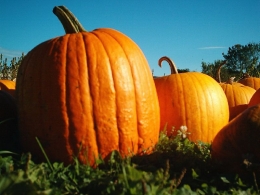
Common pumpkin - a herbaceous annual plant from the genus Cucurbitaceae, which is grown as a melon crop.
Common pumpkin is very popular among gardeners and summer residents, since this plant is not only tasty and suitable for many dishes, it is also very healthy.
If you follow all the rules and the weather is favorable, then pumpkins are easy to grow. A sunny place with loose soil rich in nutrients and fertilizers is suitable for pumpkins. Pumpkin seeds are simply sown in the ground in May; you can first make seedlings. When the fourth side shoot appears, pinch out the main shoot; when flowering ends, you need to pinch out the side shoots. It is better to bring up to four fruits to maturity on one plant.
Both the pulp and seeds of pumpkin are eaten.
Pumpkin pulp contains: vitamins C, B, sugar about 10%, nicotinic acid, carotenoids, calcium salts, pectins, potassium, magnesium, iron.
Pumpkin seeds are rich organic acids, fatty oil (about 50%), vitamins C and B, resinous substances, carotenoids, melena carbohydrate.
Pumpkin Benefit:
- Pumpkin seeds are a popular remedy against worms.
- Pumpkin is perfect for the diet of people with gastrointestinal and weight problems.
- Pumpkin is very useful for people suffering from atherosclerosis.
- Raw pumpkin pulp helps intestinal motility and helps with constipation;
- Pumpkin has an anti-inflammatory, diuretic effect.
- Pumpkin promotes the elimination of chlorine by the kidneys and acts as a vitamin supplement for the whole body.
- Pumpkin pulp can also be used externally as an anti-inflammatory agent in the form of a compress for burns and eczema.

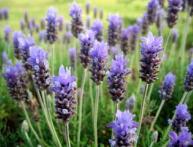
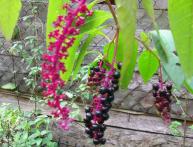
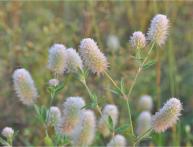

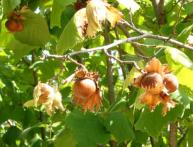
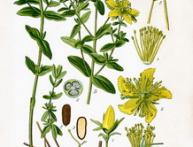
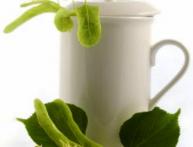
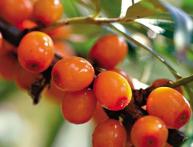
Comments
My pumpkin grows like a weed! I don't even take much care of her. Apparently, this is because I don’t really like her. But my parents are happy!